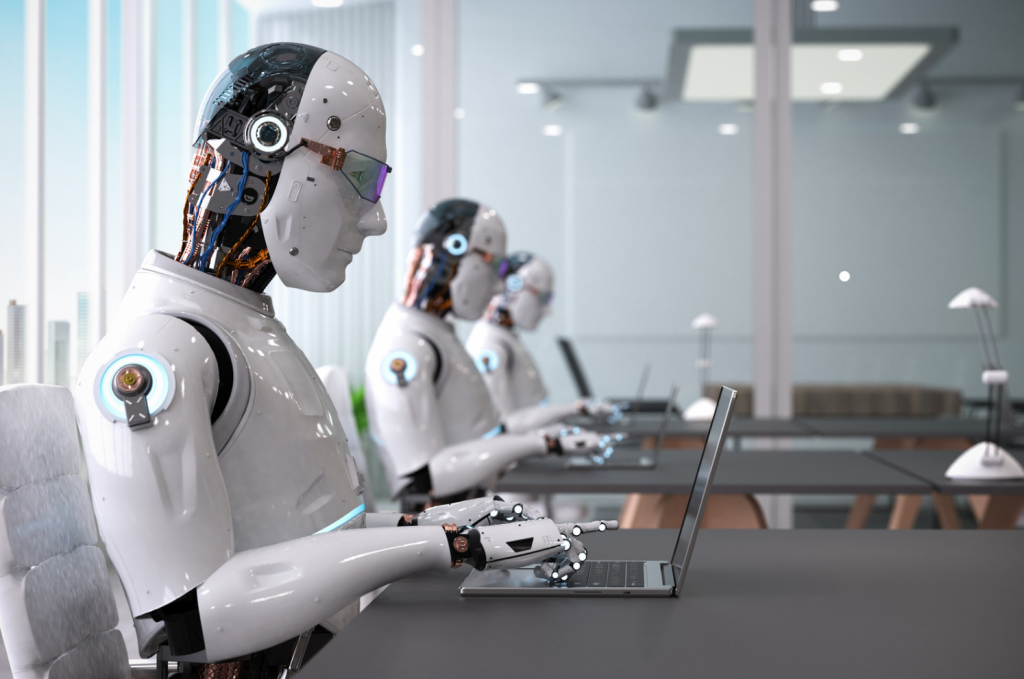The introduction of new AI features in various platforms does not inherently pose a risk of plagiarism for employers. However, the way these features are utilized by individuals can potentially lead to plagiarism concerns, ultimately depends on how the technology is used.
AI-powered tools can assist with generating content, including written reports or articles. While these tools can be valuable for enhancing productivity and creativity, they also raise the possibility of individuals misusing them, increasing the risk of plagiarism and producing unoriginal work. For example, some AI tools are designed to generate content based on existing information and data, and while these tools can be incredibly useful for streamlining certain tasks and generating insights, they can also be used to create content that is very similar to existing materials, which could be considered plagiarism if not properly cited or attributed.
However, it’s important to note that not all AI features present a risk of plagiarism. Some AI tools are specifically designed to detect plagiarism and can be used to ensure that content is original and properly cited. Additionally, employers can take steps to mitigate the risk of plagiarism, such as implementing strict guidelines for content creation and citation, and providing training and resources to employees on how to use AI tools in an ethical and responsible way. Employers can establish clear guidelines and policies regarding the use of AI tools, to ensure that employees understand ethical boundaries. They can educate their workforce about responsible AI use and emphasize the importance of originality, especially within creative industries that may rely on their employees’ creativity within the business. By implementing appropriate measures and fostering a culture of integrity, employers can reduce the risks associated with AI tools and ultimately protect themselves.
There are current controversies over the use of AI within business, for example pieces of work written by AI’s being unreliable, non creative, and non authentic. Some believe that using an AI to write entire pieces of work can be seen as cheating, whilst others believe this helps increase productivity in the workplace. However, using an AI programme to assist employees within the workplace, for instance to help provide ideas, content topics, article headlines, may be more likely to be accepted within the business industry, as opposed to completely relying on AI for any piece of work. AI is an interesting and hot topic of conversation at the moment, as many businesses are introducing AI programmes into their applications, such as Snapchat, and there are opposing opinions on whether the use of AI is right or wrong.
Overall, while the use of AI features does introduce some potential risks for employers, with proper training and guidelines in place, it’s possible to use these tools in a way that minimizes the risk of plagiarism and other ethical concerns.
We want to hear your thoughts on AI programmes within the workplace, do you believe it is ethical and should be used to increase productivity for employees, or not?

